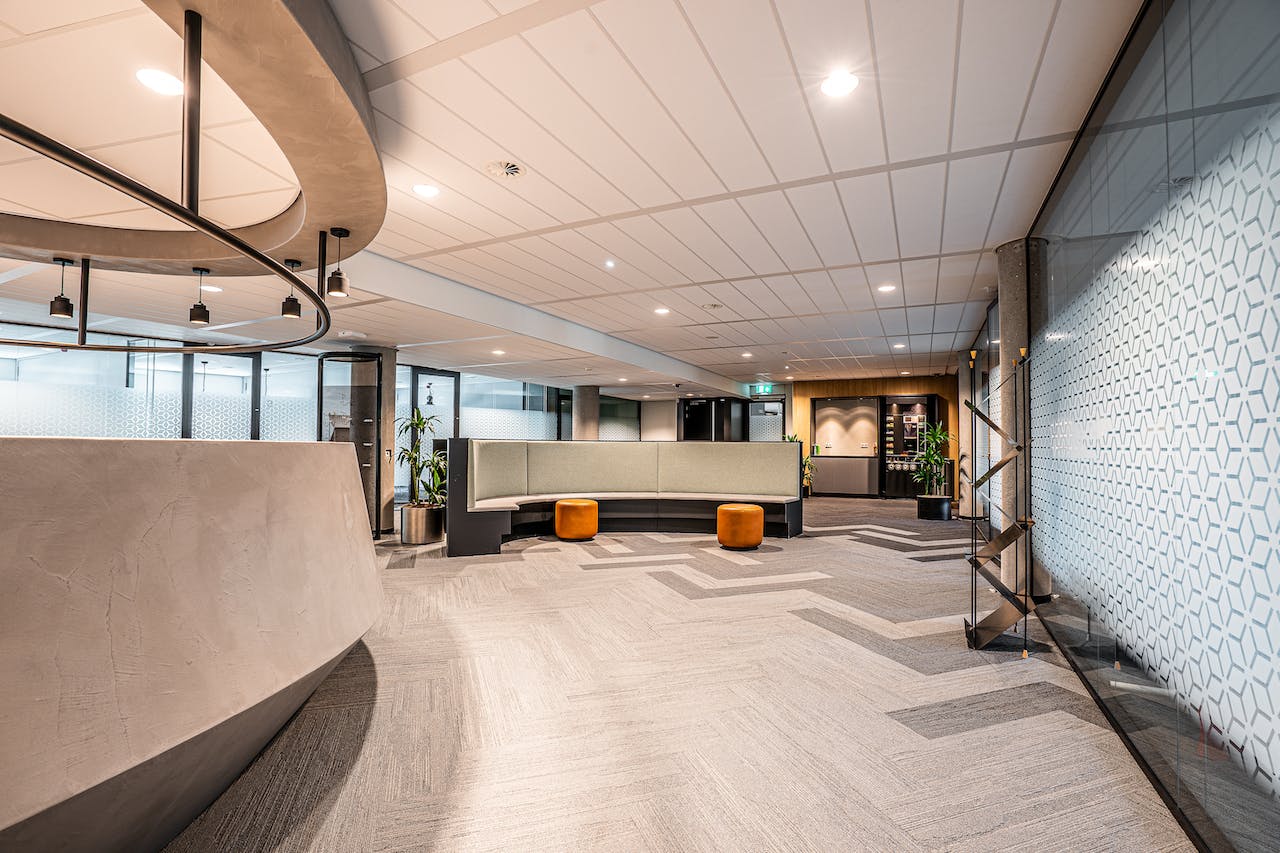Written by Team Farallon

The foundation of Singapore’s hotel industry is the Hotels Act, which outlines the legal requirements for hotel operations. This Act, enforced by the Hotels Licensing Board, stipulates standards for hotel establishment and management. Comprehension of the Hotels Act is crucial for prospective hotel owners to ensure compliance with legal obligations.
Supporting the Hotels Act are regulations from the Urban Redevelopment Authority (URA) for land use and zoning, and policies from the Singapore Tourism Board (STB) influencing tourism development. The URA’s guidelines determine suitable locations and structures for hotel operations.
Compliance extends to the Building and Construction Authority (BCA) for structural safety, and the National Environment Agency (NEA) for environmental standards, including waste management and pollution control. The Singapore Civil Defence Force (SCDF) oversees fire safety, while employment practices fall under the Ministry of Manpower (MOM).
Before establishing a hotel in Singapore, one must first legally incorporate a business entity. This process is overseen by the Accounting and Corporate Regulatory Authority (ACRA). Prospective hotel owners can choose from several business structures, such as private limited companies or limited liability partnerships, each with specific legal and financial implications.
In Singapore, operating a hotel requires obtaining a Certificate of Registration and a Hotel-Keeper’s License as mandated by the Hotels Act. These are legal documents issued by the Hotels Licensing Board.
The Certificate of Registration confirms the premises are approved for use as a hotel. This involves securing written approval from the Urban Redevelopment Authority (URA) for the proposed hotel site. The URA ensures that the location and building comply with urban planning and zoning regulations.
The Hotel-Keeper’s License is a separate requirement, permitting an individual or entity to manage the hotel. Applicants must appoint a qualified hotel keeper, typically a General Manager or CEO, responsible for the hotel’s administrative affairs. The hotel keeper ensures the hotel’s compliance with regulatory requirements and operational standards.
The application process includes advertising the intent to apply for these licenses in major newspapers, providing transparency and an opportunity for public feedback. Additional clearances, such as from the National Environment Agency and the Fire Safety Bureau, are necessary to ensure compliance with environmental and safety standards.
Upon successful application, which typically takes about three weeks, the license is valid until the end of the calendar year and must be renewed annually. This process underscores the importance of compliance and operational readiness in the hotel industry.
The URA is responsible for land use and urban planning, and its regulations significantly impact where and how a hotel can operate.
Prospective hotel operators must obtain approval from the URA before using any premises as a hotel. This process involves ensuring the proposed location aligns with zoning regulations and urban development plans. The URA’s approval is a prerequisite for further licensing and is key to ensuring that the hotel’s location and structure meet city planning objectives.
URA regulations also extend to building modifications or extensions. Any changes to the physical structure of the hotel, especially in conservation areas or heritage buildings, require URA’s approval. These regulations help preserve Singapore’s urban aesthetic and heritage while allowing for modern development.
URA’s regulations encompass various aspects such as building height, floor area ratio, and permissible activities.
The MOM oversees workplace safety and health. Hotels must adhere to the Workplace Safety and Health Act, ensuring a safe environment for employees and guests. This includes regular risk assessments, providing adequate safety training, and implementing necessary safety measures.
Environmental compliance, overseen by the National Environment Agency (NEA), is also vital. Hotels must adhere to environmental regulations regarding waste management, pollution control, and resource conservation. This includes proper disposal of waste, minimizing environmental impact, and adopting sustainable practices.
Hotels also need to comply with regulations related to food safety, particularly if they operate dining facilities. This involves adhering to standards set by the Singapore Food Agency (SFA) to ensure the safety and hygiene of food served to guests.
Operating a hotel in Singapore often involves offering additional services, each requiring specific licenses. Understanding and obtaining these licenses is crucial for legal and smooth hotel operations.
Each license comes with specific application procedures, requirements, and compliance standards.
For hotels in Singapore offering television and broadcasting services, obtaining a Non-Residential TV License is a legal requirement. This license, issued by the Media Development Authority of Singapore, applies to any broadcasting apparatus within the hotel premises, including television sets and computers capable of receiving TV programs.
The application process for this license involves registering each TV set or broadcasting apparatus and paying the prescribed fee. The annual license fee varies based on the number of devices, with a different rate applied if more than 90% of the hotel rooms are equipped with TV sets.
For hotels operating in Singapore, understanding and fulfilling tax obligations is essential, alongside awareness of available tax incentives. These financial responsibilities and opportunities significantly impact the hotel’s fiscal management and profitability.
Intellectual property (IP) rights are a vital consideration for hotels in Singapore, especially regarding branding, content, and services offered. Proper management of IP rights safeguards a hotel’s unique identity and avoids legal issues.
Understanding and adhering to the various requirements – from obtaining necessary licenses and ensuring regulatory compliance to aligning with the marketing strategies of the Singapore Tourism Board – allows hoteliers to effectively position themselves in this dynamic industry. Speak to a qualified lawyer to learn more.
160 Robinson Road
#22-07 SBF Center
Singapore 068914
160 Robinson Road
#22-07 SBF Center
Singapore 068914
We are recognized regionally by the world-class quality of legal services that we provide. Rely on our capabilities to help you resolve your legal challenges today.